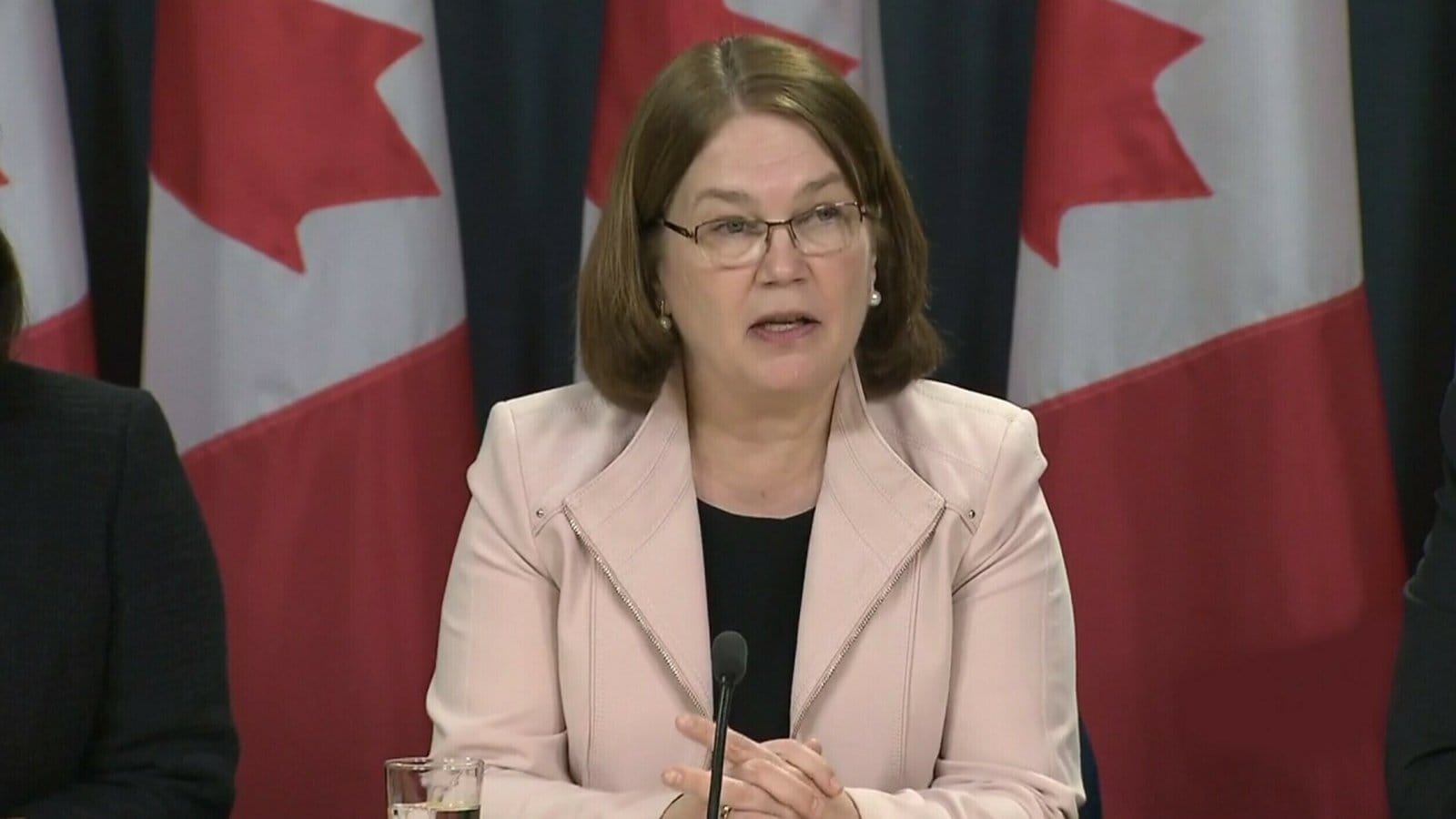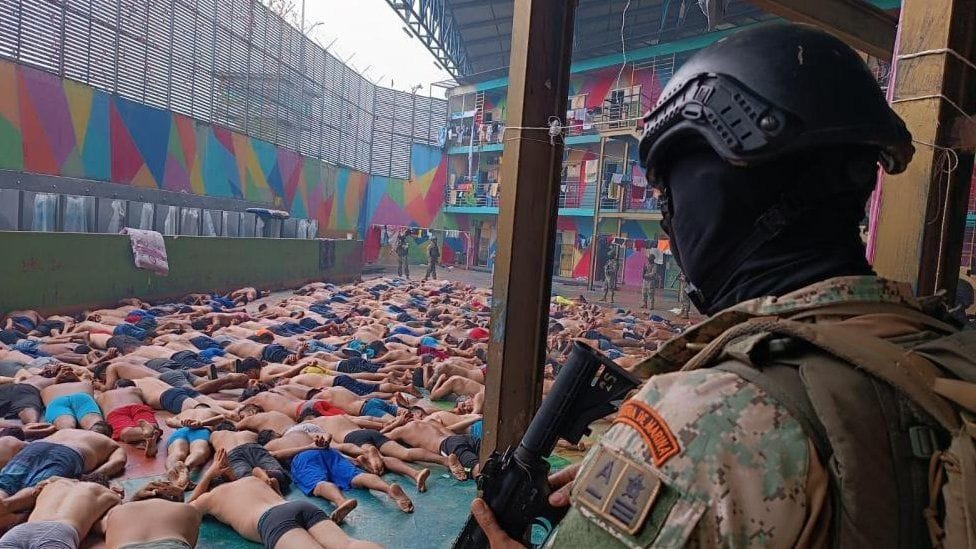Albin Kurti, the Prime Minister of Kosovo and the leader of the Self-Determination Movement (Vetëvendosje), has successfully led his party to victory in Kosovo’s parliamentary elections. Preliminary election results show that while the party secured the largest share of votes, it fell short of an outright majority. This result sets up a challenging period of coalition-building as Kurti seeks to form a functional government.
The election, which took place on February 9, 2025, was seen by many analysts as a critical juncture for Kosovo. This young, independent Balkan nation has been navigating complex domestic and international pressures, with Kurti at the center of debates around national identity, territorial sovereignty, and socioeconomic reforms.
The victory affirms Kurti’s political resilience, following his earlier electoral success in 2021. However, unlike his earlier term, his party’s diminished parliamentary strength reflects a waning support base, exacerbated by criticisms of his approach toward contentious regional issues, including relations with Serbia and demands for greater autonomy by Kosovo’s Serb minority.
International Relations Under Pressure
Kurti’s tenure has been marked by strained relationships with Western allies, including the European Union and the United States, both of which have played key roles in Kosovo’s development since its declaration of independence in 2008. Western institutions have grown increasingly vocal about their concerns regarding the Kurti administration’s handling of inter-ethnic relations. Notably, Kurti’s government has faced backlash for its handling of grievances raised by the Serb population in the north of the country, an issue closely monitored by Brussels and Washington.
Despite these challenges, Kurti’s victory underscores his continued domestic appeal as a champion of nationalism and anti-corruption reforms. His stringent stance on preserving Kosovo’s sovereignty, particularly amidst negotiations with Serbia over normalizing bilateral relations, has served as both a rallying point for supporters and a source of friction with international partners.
A Divided Parliament
The election revealed sharp divides within Kosovo’s political landscape. The Self-Determination Movement garnered close to 40% of the vote, placing it ahead of opposition parties such as the Democratic Party of Kosovo (PDK) and the Democratic League of Kosovo (LDK). However, with a fragmented parliamentary setup, Kurti’s leadership will now heavily depend on his ability to form alliances with smaller parties.
The lack of a majority poses immediate challenges for Kurti. Among these is the need to pass key governance legislation, including reforms critical to securing much-needed foreign assistance amid economic challenges. Additionally, the coalition negotiations will likely require compromises that may dilute Kurti’s policy objectives, particularly in areas where his administration has faced clashes with international actors.
Economic and Political Stakes
Kosovo remains one of Europe’s poorest nations, grappling with high unemployment rates and limited economic prospects. As Kurti prepares for his next term, his administration must address growing public demands for development, stability, and improved living standards. This involves navigating the complexities of international relations to secure foreign aid and investment.
Talks with Serbia, mediated by the EU, are expected to dominate the agenda. These discussions have remained deadlocked, primarily over issues of territorial integrity and Kosovo’s political positioning. While Kurti has maintained a firm approach in these negotiations, international mediators have urged flexibility to maintain regional stability.
Kosovo also finds itself at the crossroads of broader geopolitical interests, with both European and American policymakers viewing the region as a critical space for countering external influences, particularly from Russia. Maintaining strong partnerships with Western allies is crucial for Kosovo’s international standing and domestic progress, making it imperative for the Kurti-led government to rebuild political goodwill in Brussels and Washington.
What Lies Ahead
As Kosovo enters this new political chapter, Kurti faces the dual challenge of asserting his leadership while consolidating alliances at home and abroad. His administration’s ability to deliver on promises of economic revival and institutional reforms will largely depend on his approach to maintaining political cohesion.
Meanwhile, the coming months will serve as a litmus test for Kurti’s diplomatic skills in balancing domestic political priorities with international expectations. Building trust among Western partners remains paramount, especially to ensure continued support for Kosovo’s development amid broader regional and global challenges.
While the election has reaffirmed Kurti’s stature as a dominant player in Kosovo’s political spectrum, it also highlights the volatile intersection of domestic and international pressures shaping the country’s path. The next term will demand not just political acumen but also considerable diplomatic flexibility, as Kosovo works to cement its place as a stable and progressive state in Southeast Europe.



